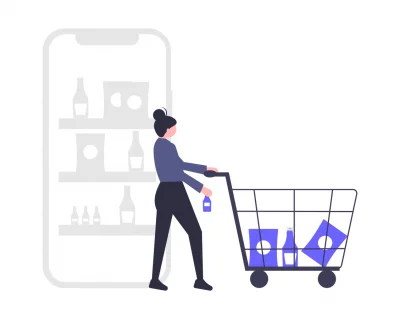
Commerce Questions and Answers
Test and improve your knowledge of the fundamentals of buying and selling with these Commerce past questions and answers.

Test and improve your knowledge of the fundamentals of buying and selling with these Commerce past questions and answers.
The collection of tariffs on imported goods is the function of
Ports Authority
Customs and Excise Authority
Clearing and Forwarding Agents
Export Promotion Council
Correct answer is B
Functions of customs and excise authorities
The entitlement of a debenture holder from a company's income is known as
commission
interest
lien
dividend
Correct answer is B
debentures are a long-term security yielding a fixed rate of interest, issued by a company and secured against assets. The holders are paid a fixed interest
Which of the following is not an insurance of indemnity
Life
Marine
Burglary
Fire
Correct answer is A
Indemnity insurance is a contractual agreement in which one party guarantees compensation for actual or potential losses or damages sustained by another party. The life insurance is not part of indemnity insurance because life cannot be restored once lost.
Collecting information on the taste of consumers and the extent of demand for a product is
market research
market segmentation
marketing mix
marketing concept
Correct answer is A
market research; is the action or activity of gathering information about consumers' needs and preferences.
Which of the following is classified as invisible item in balance of payment?
import of goods
Salaries of expartriates
Export of groundnuts
Sale of equipment
Correct answer is B
The invisible balance or balance of trade on services is that part of the balance of trade that refers to services and other products that do not result in the transfer of physical objects. Examples include consulting services, shipping services, tourism, salaries of expatriates and patent license revenues.